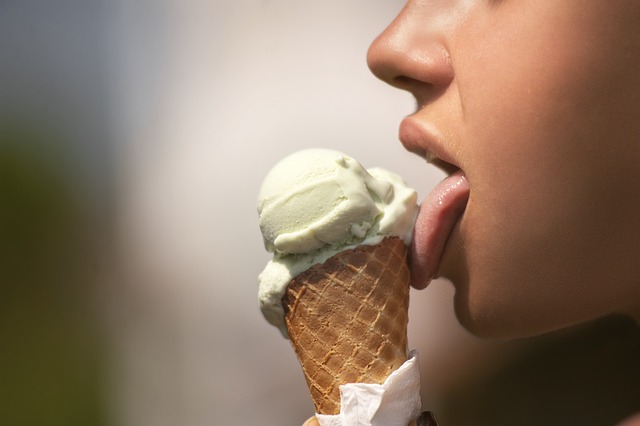The sense of taste is a essential thing of our daily reviews, influencing our enjoyment of food and contributing to a wealthy tapestry of sensory perception. However, the surprising or gradual lack of flavor, referred to as ageusia, can appreciably effect our high-quality of lifestyles. In this newsletter, we are able to delve into the numerous causes of loss of taste and explore potential solutions to address this sensory assignment.
Understanding Loss of Taste
Viral Infections:
Respiratory infections, consisting of the commonplace bloodless or flu, can quickly impair the sense of flavor. Viral infections may additionally affect the flavor buds or intervene with the olfactory machine, which performs a important function within the experience of flavor.
Sinus Issues:
Conditions concerning the sinuses, which include sinusitis, can lead to a lack of taste. Inflammation within the nasal passages may additionally effect the capacity to discover flavors.
Dental Problems:
Dental problems, which includes infections, gum disorder, or dental techniques, can contribute to a brief or chronic lack of flavor.
Medications:
Certain medicinal drugs, which include antibiotics, antihypertensives, and some psychiatric medicines, might also have taste-altering side consequences.
Nutritional Deficiencies:
Deficiencies in critical vitamins in particular zinc and nutrition B12, can have an effect on flavor perception.
Neurological Conditions:
Neurological issues, consisting of Alzheimer’s sickness, Parkinson’s ailment, or multiple sclerosis, can be associated with changes in flavor belief.
Trauma or Injury:
Head accidents or trauma to the mouth and face can doubtlessly impact the experience of taste.
Seeking Solutions for Loss of Taste
Address Underlying Health Conditions:
Identifying and treating the underlying cause of lack of taste is essential. Seeking clinical recommendation to deal with infections, sinus problems, or dental problems can make a contribution to the healing of flavor.
Medication Adjustment:
If the lack of taste is connected to medicinal drug use, consulting with a healthcare expert to discover opportunity medications or modify dosages can be beneficial.
Maintain Good Oral Hygiene:
Practicing desirable oral hygiene, such as everyday brushing and flossing, can help prevent dental troubles that could make contributions to flavor loss.
Stay Hydrated:
Ensuring adequate hydration is essential for overall fitness and can help in keeping the mucous membranes answerable for flavor notion.
Balanced Diet:
Consuming a numerous and nutrient-wealthy food plan supports standard fitness and may contribute to progressed flavor belief. Including foods with solid flavors may also decorate the sensory experience.
Quit Smoking:
Smoking can negatively effect the sense of taste. Quitting smoking can cause sluggish improvements in flavor belief.
Zinc Supplementation:
In instances wherein a zinc deficiency is recognized, supplementation beneath the guidance of a healthcare expert may be taken into consideration.
When to Seek Professional Help
While slight and transient modifications in flavor may additionally resolve on their very own, continual or unexpected lack of flavor warrants activate medical attention. Consult with a healthcare expert if:
• Other regarding symptoms accompany loss of flavor.
• The circumstance persists for an extended length.
• There is a records of head trauma or damage.
• Loss of taste appreciably impacts each day lifestyles and well-being.
Conclusion
Loss of flavor may be a demanding enjoy, influencing our ability to get pleasure from food and our standard amusement of lifestyles. Understanding the numerous causes and searching for suitable solutions is vital for addressing this sensory undertaking. By addressing underlying fitness conditions, making lifestyle modifications, and searching for expert steerage whilst wished, people can take proactive steps in the direction of restoring their experience of taste and enhancing their normal pleasant of lifestyles.
Thank you,
Glenda, Charlie and David Cates
